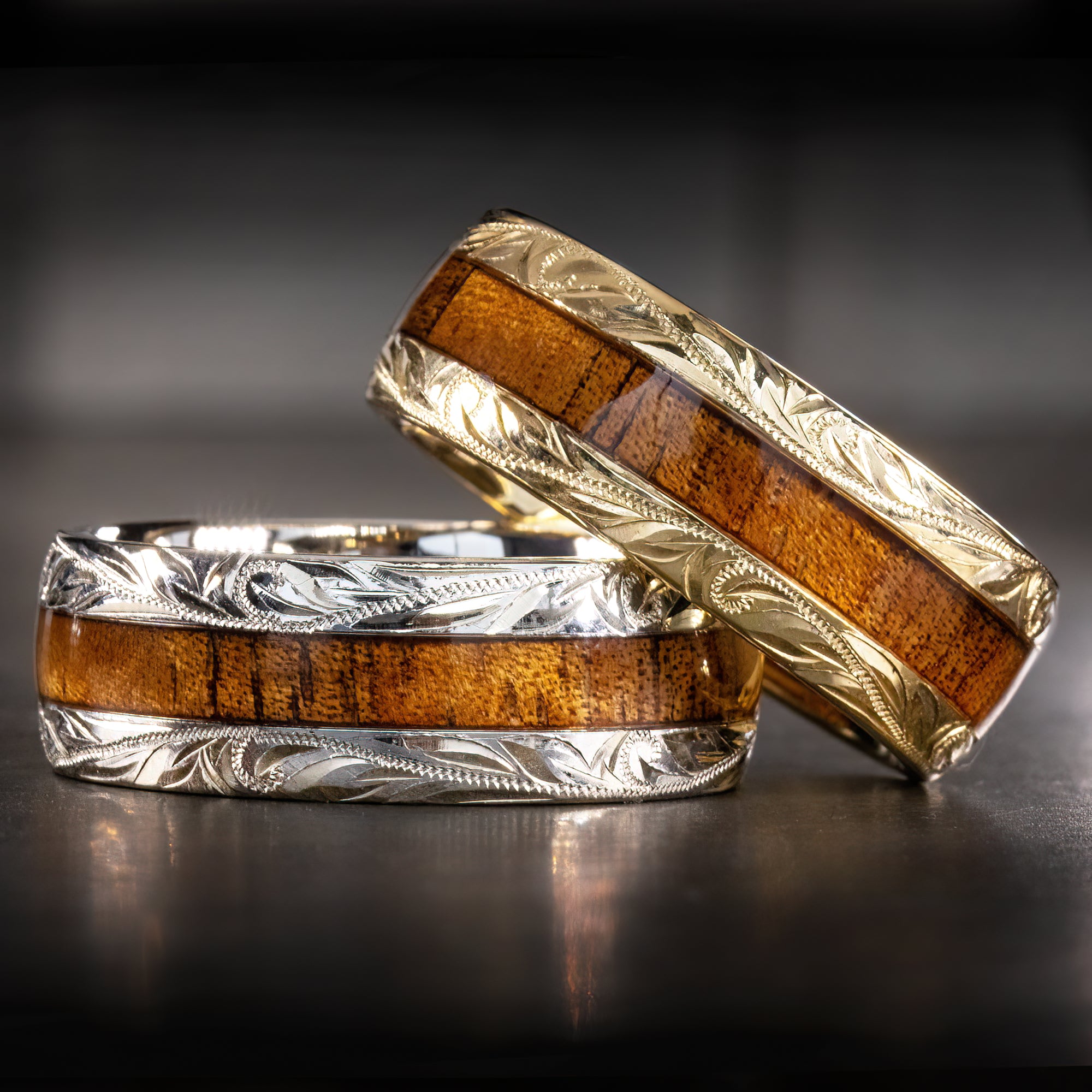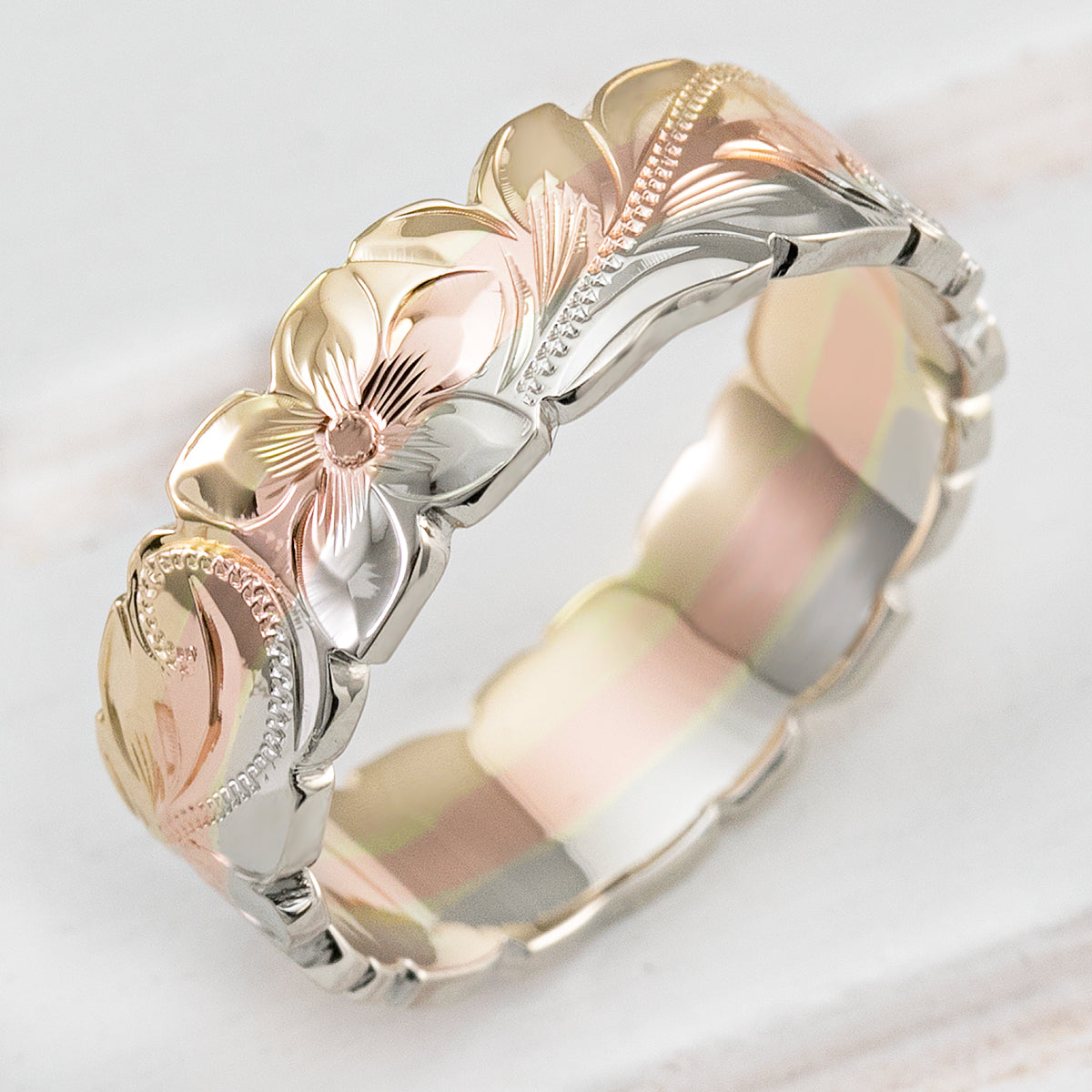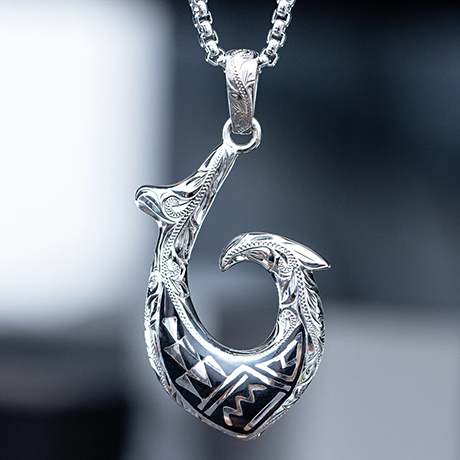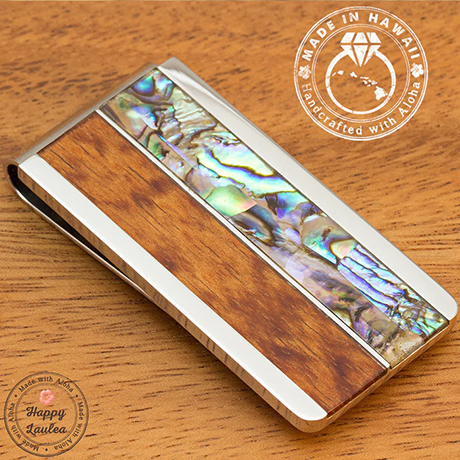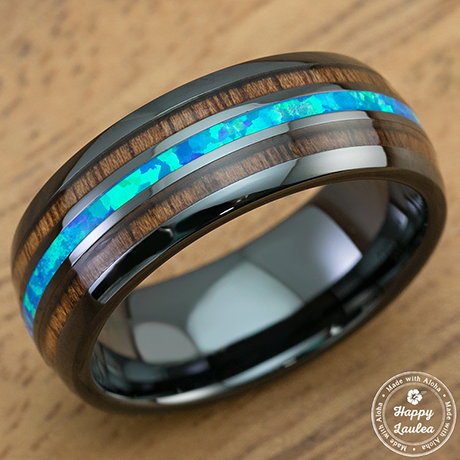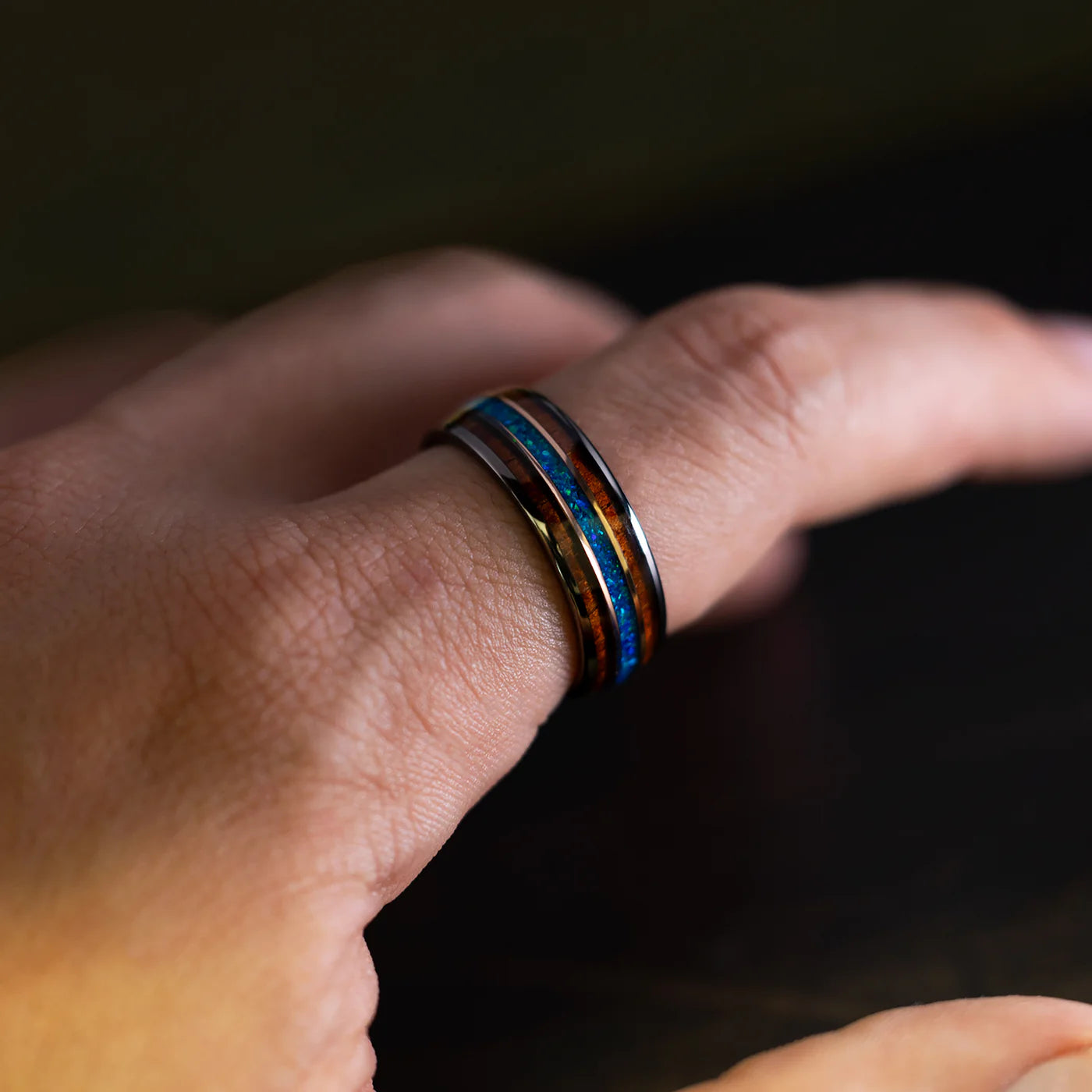
Hypoallergenic rings: A guide for buyers with sensitive skin
If you have sensitive skin, choosing hypoallergenic rings is essential to prevent irritation and discomfort. In this guide, we'll explore the common signs of ring allergies, the best ring materials for those with sensitive skin, and those to avoid.
What is a ring allergy?
A ring allergy is a common cause of allergic dermatitis. This occurs when your skin comes into contact with a substance that causes an allergic reaction. In the case of rings, the allergen is typically a metal. Some common signs and symptoms of allergic reactions to rings and jewelry include:
- Skin redness
- Itching or irritation
- Bumps or blisters
- Swelling
- Pain or discomfort
Why am I suddenly allergic to my ring?
It is possible to develop an allergy or sensitivity to a ring over time, most commonly caused by wear and tear to the ring.
As your ring ages, it may become scratched or damaged. This can expose you to more of the metal, increasing your risk of developing an allergy. This is common in wedding rings (often referred to as wedding ring rash) as they are typically worn daily for long periods, increasing the likelihood of the metal being worn down.
Allergenic metals to avoid if you have sensitive skin
Allergenic metals are metals that can cause allergic reactions in some people. Common allergenic metals include:
Nickel: Nickel is a common allergen found in many types of jewelry. It is often used as an alloying element in metals like gold and silver to improve their strength and durability. However, nickel can be released from these alloys through wear and tear, leading to allergic reactions in sensitive individuals.
Gold: In a 2001 study of more than 4,000 people, around 10% tested positive for a gold allergy, and interestingly, more women tested positive than men. While pure gold is generally hypoallergenic, it is often alloyed with other metals, such as nickel or copper, to improve its hardness and durability. These alloys can release nickel ions, which can cause allergic reactions in people with nickel sensitivities.
Silver: Silver is another metal that can cause allergic reactions in some people. While less common than nickel allergies, silver can also release metal ions that can irritate the skin.
Copper: Copper is often used in jewelry, particularly in brass and bronze alloys. While allergic reactions to copper are only infrequently reported, it can cause allergic reactions in individuals with sensitivities to the metal.
Cobalt: Cobalt is another metal that can cause allergic reactions, particularly in people with nickel allergies. It is often used in alloys to improve the hardness and durability of metals.
The best hypoallergenic rings for sensitive skin
If you have a history of allergic reactions to jewelry, it's important to choose materials that are less likely to cause irritation. Some of the best hypoallergenic ring materials include:
Titanium: Titanium is a naturally occurring element that is highly reactive when exposed to air. However, when combined with other elements to form titanium alloys, it becomes incredibly stable and resistant to corrosion. This, coupled with its non-reactive nature with the body, makes titanium alloys excellent choices for those with sensitive skin. They are resistant to tarnish, sweat, and other environmental factors that can cause allergic reactions in other metals.
Stainless steel: Stainless steel is a steel alloy that contains chromium, which forms a protective oxide layer on the surface of the metal. This layer acts as a barrier between the metal and the environment, preventing corrosion and allergic reactions. The chromium-rich oxide layer on stainless steel makes it highly resistant to tarnish and corrosion, helping to prevent the release of metal ions that can cause allergic reactions.
Platinum: Platinum is a precious metal known for its rarity and durability. It is a pure element, meaning it does not contain any other metals that could cause allergic reactions. This purity and inert nature make platinum highly hypoallergenic. It is resistant to tarnish, corrosion, and allergic reactions, making it an excellent choice for those with sensitive skin.
While the aforementioned metals are generally considered hypoallergenic, individual reactions can vary. It is recommended to consult with a healthcare professional or dermatologist to determine if you have any metal allergies before purchasing a new piece of jewelry.

